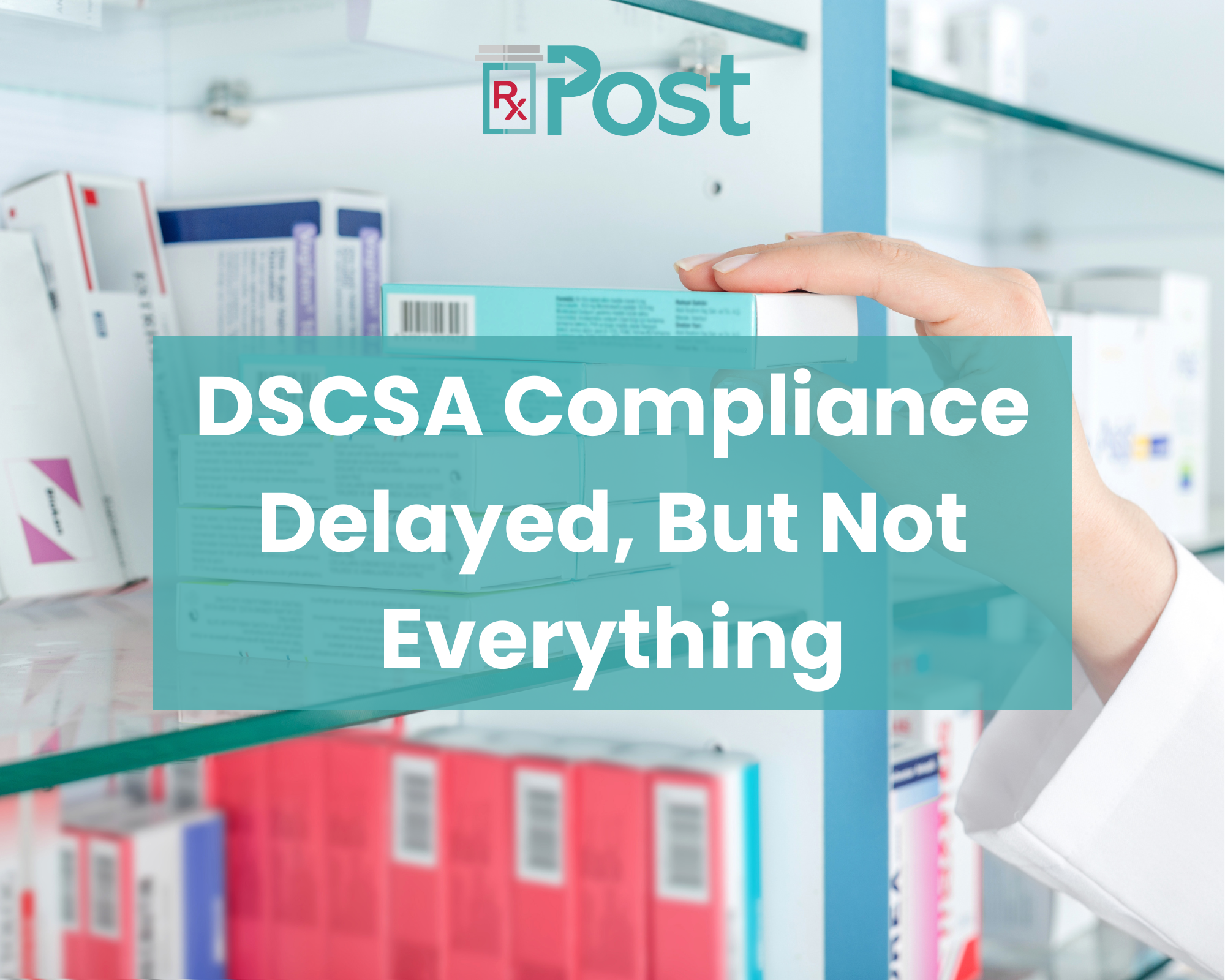The 2013 Drug Supply Chain Security Act (DSCSA) aimed to enhance drug traceability in the U.S., particularly for prescription drugs, by implementing electronic tracking at the package level. Initially set for full implementation on November 27, 2023, this final phase required pharmacists to adhere to new compliance standards. Facing challenges such as a low rate of serialization data transmission from manufacturers, pharmacy organizations collectively requested a phased implementation and a delay. Concerns over potential drug shortages and supply chain disruptions led members of the U.S. Congress to warn the FDA on August 1, 2023. Subsequently, the FDA announced its intention to assess the technological capabilities of small dispensers regarding electronic operability tracing. Ultimately, on August 25, 2023, the FDA issued guidance, exercising enforcement discretion on electronic interoperability for tracking transactions until November 27, 2024.
Pharmacies were generally aware of impending requirements for electronic transaction data exchange but were less informed about specific DSCSA mandates, such as those related to suspect/illegitimate products, standard operating procedures (SOPs), changes to transaction data, sales to other pharmacies, generating Electronic Product Code Information Services (EPCIS), and product returns. Post-November 27, 2024, pharmacies must collaborate with trading partners to determine product legitimacy, conduct checks on incoming serialized products, and swiftly respond to verification requests. Options for storing transaction data include using the wholesaler's portal or employing third-party service providers, necessitating written agreements. A Global Location Number (GLN) is required for pharmacy identification, and 340B contract pharmacies are not exempt. After November 2024, electronic provision of serial numbers, lot numbers, and expiration dates becomes mandatory, rendering paper or advance shipping notice files unacceptable. The 5% rule exemption for pharmacy-to-pharmacy transfers ceases, requiring pharmacies to register as wholesalers for such transactions, except in limited circumstances. Pharmacies must establish SOPs for enhanced drug distribution security, covering vetting/purchasing from authorized trading partners, investigating suspect/illegitimate products, and responding to regulatory or trading partner requests.
While FDA enforcement is delayed until 2024, the November 2023 requirement remains. The FDA's guidance also postponed enforcement of requirements for wholesalers and reverse distributors to scrutinize salable returns beyond the National Drug Code number, aligning them with transaction data and product identifiers. Serialization transparency facilitates matching serial numbers with transaction data, preventing returns if not bought from the specific wholesaler. To meet the November 27, 2023, DSCSA requirements, pharmacies must anticipate the November 27, 2024, FDA enforcement by implementing systems for electronic transaction information exchange and package-level verification, as well as serialized transaction information retrieval for regulatory or trading partner requests.
Full article from Pharmacy Times here.
Interested in savings on prescription medications? RxPost can help you buy or sell excess drug inventory to improve your profits and offer better patient service. Learn more about RxPost here.

